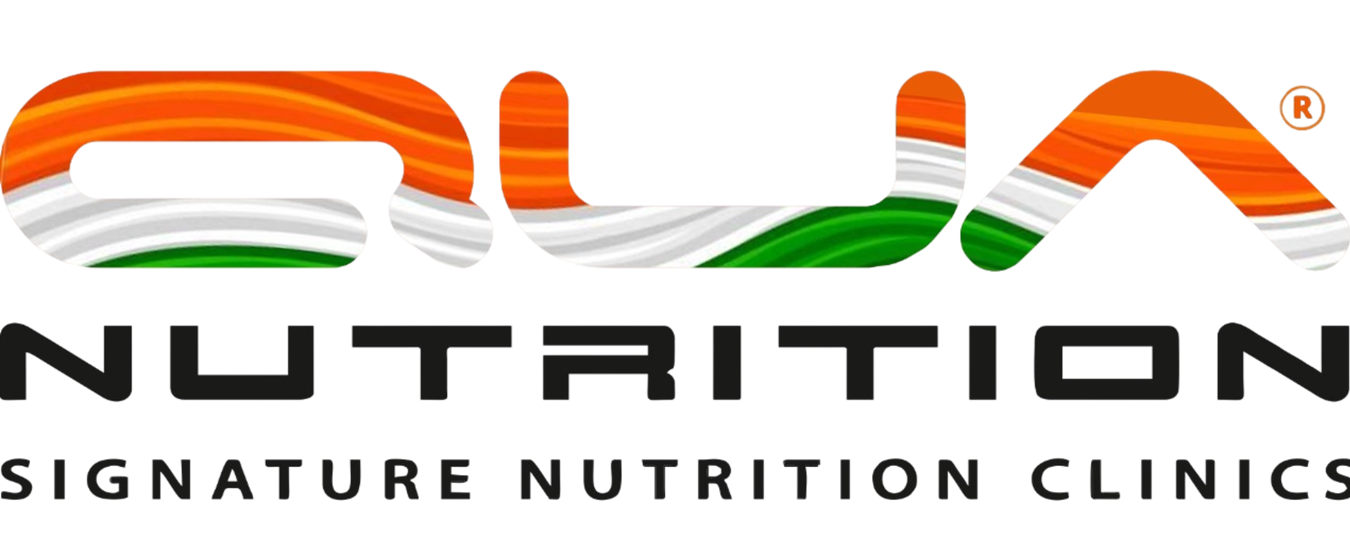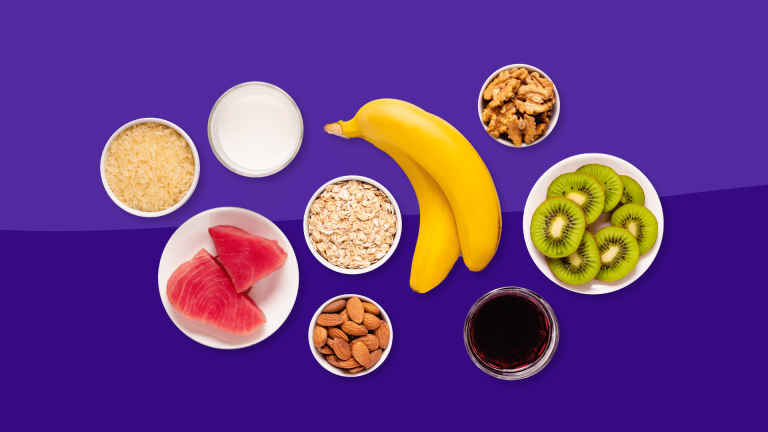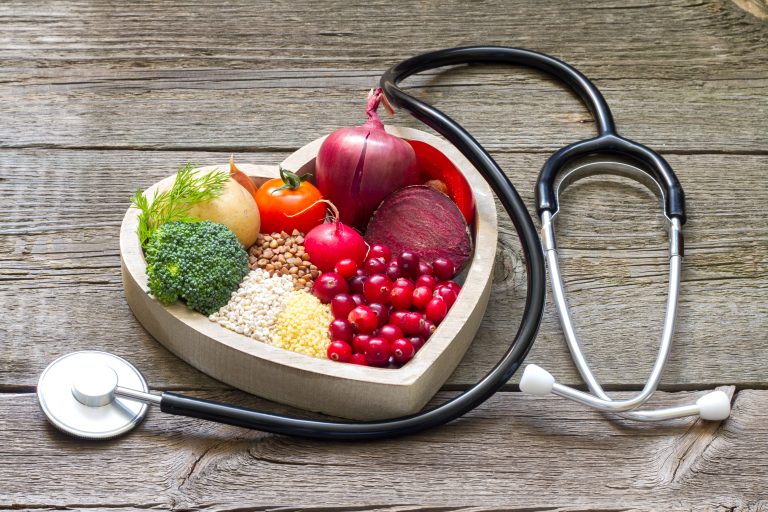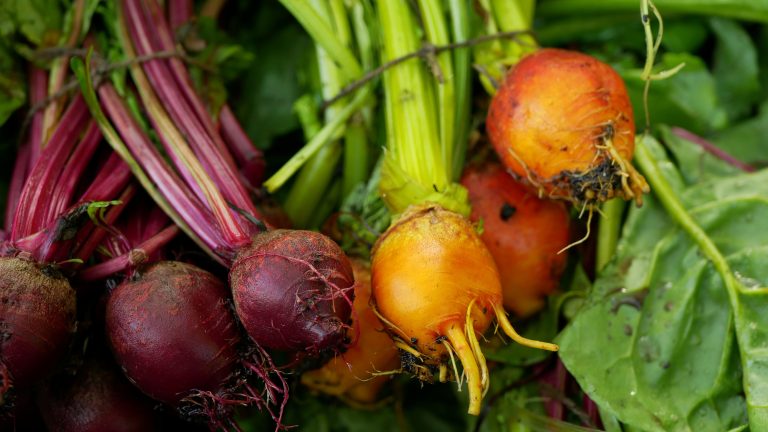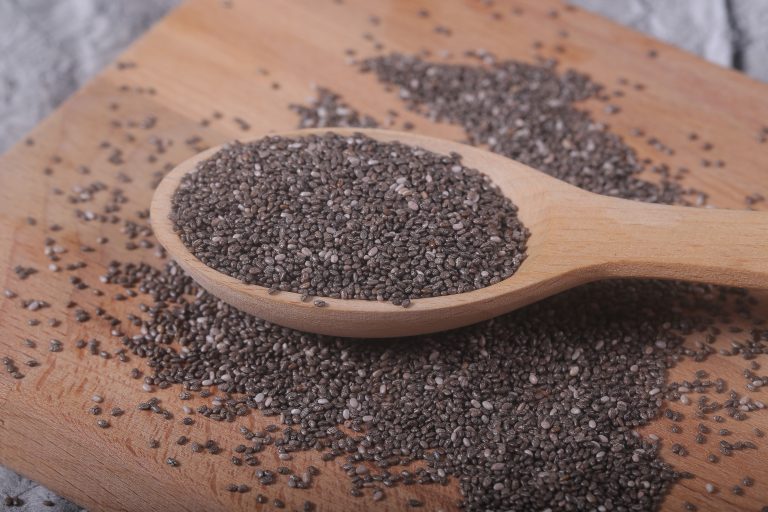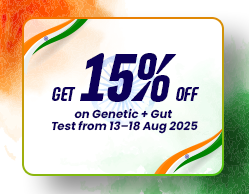Tips And Advice For Parents With A Vegetarian Or Vegan Diet
Are you raising a vegetarian or vegan child?
Well, the good news for parents of vegetarian or vegan children is that a healthy vegetarian diet can provide the key nutrients needed for optimal growth and nutrition.
A vegetarian-vegan diet is rich in fruits and vegetables which provides so many of the essential nutrients a child needs. However, parents should take a precautious step to inculcate a few nutrients in the child’s regular diet.
The most important nutrients that parents should take extra care to ensure a child is getting in their diet is:
- Proteins
- Calcium
- Iron
- Vitamin B12
- Zinc
Making a change to a Vegetarian or Vegan Diet:
People become vegetarians for a quite a many reasons. Some of them are due to religion, concern about animal rights, as well as family and peer pressure; but the majority is making the change for the numerous health benefits associated with a meat-free diet.
Benefits Of The Vegetarian Diet:
A well-planned vegetarian diet is extremely healthy and provides all the important vitamins, minerals, proteins, carbohydrates and essential fatty acids. According to recent studies, a well-balanced vegetarian diet can reduce a risk of several chronic conditions such as obesity, heart disease, hypertension, diabetes, and some types of cancer.
Nutrition Considerations for Vegetarians At School:
Nitrogen and eassential amino acid requirements for a child’s growth and development can be fulfilled in a well-planned vegetarian and vegan diets. Children’s diet must include enough calories to support growth and have reliable sources of important nutrients including: protein, iron, zinc, vitamin D, and vitamin B12.
Protein is required for growth, development, and maintenance of a child’s body. Protein needs can easily be met by eating a variety of plant-based foods. Rich sources of protein for vegetarians and vegans include beans, nuts, peanut or almond butters, peas, and soy products (tofu , veggie burgers) lacto ovo- vegetarians can have milk and eggs as their protein source.
Iron is an oxygen carrier in the blood. Iron sources for vegetarians and vegans include iron-fortified breakfast cereals, spinach, beans, peas, lentils, turnip greens, whole wheat breads, and some dried fruits such as dried apricots, prunes, and raisins.
Calcium is essential for building bones and teeth and in maintaining bone strength. Sources of calcium for vegetarians and vegans include calcium-fortified soymilk, calcium-fortified breakfast cereals and orange juice, tofu made with calcium sulfate, and some dark-green leafy vegetables such as , turnip greens. Milk is one of the best sources of calcium for lacto- vegetarians.
Zinc is necessary for many biochemical reactions and also helps the immune system function properly. Zinc sources for vegetarians are various types of beans , zinc-fortified breakfast cereals, wheat germ, and pumpkin seeds. Milk products are considered a good zinc source for lacto vegetarians.
Vitamin B12 is needed to produce healthy red blood cells, which carry oxygen throughout the body. Vitamin B12 is also important in supporting neurological functions and in production of DNA- the protein that carries the genetic material within the cells in the body. Vitamin B12 is found in animal products and some fortified foods. Sources of vitamin B12 for vegetarians include milk products, eggs, and foods that have been fortified with vitamin B12. These include breakfast cereals, soymilk, veggie burgers.
Challenges of Being a Vegetarian at School
These are some of the challenges a young vegetarian may face at school:
Young children may have to cope with other student’s mindsets, comments, and even ridiculing, for their food choices.
Hard to find healthy snacks and meal at school.
Kids are easily drawn towards unhealthy vegetarian foods such as fried foods, sugary snacks, ice cream, etc.
Here are some helpful hints to overcome some of the challenges of being a vegetarian at school:
Try school lunches. Some schools have vegetarian hot lunches.
Ask your child share his/her lunch with friends try some of your food. Your friends may like the taste of the vegetarian food!
Eat a healthy diet. Your friends may be encouraged to try a vegetarian diet when they see you eat a healthy meal and know a lot about nutrition.
Try vegetarian food pyramid to get ideas on what to eat. It is important for vegetarians to consume wide variety of different foods to prevent nutrition deficiencies.
While the above article guides you to eating healthier, there is no substitute for customized professional advice given by a qualified nutritionist. We urge you to speak to your personal dietician or if you need help, contact a nutritionist at Qua Nutrition.
You can contact us at 080 3232 9292 or log on to www.quanutrition.com to Book An Appointment.
